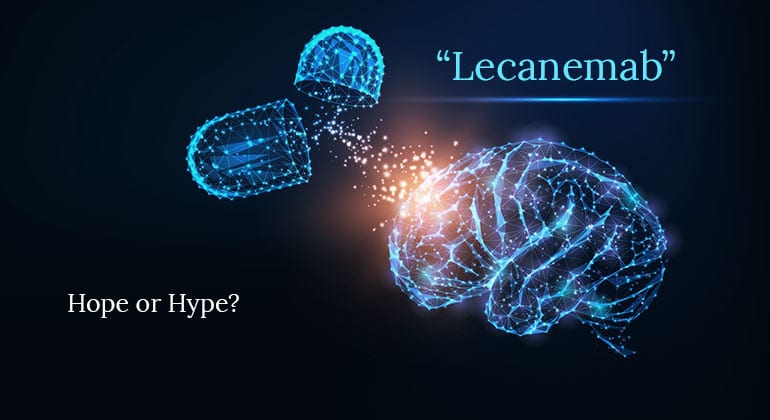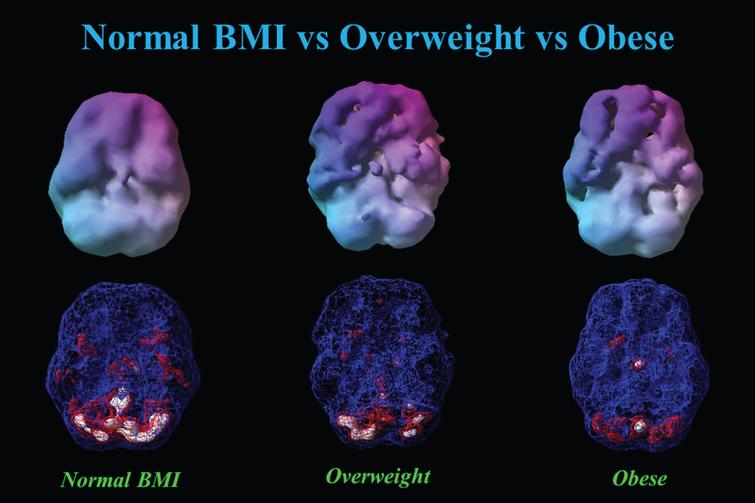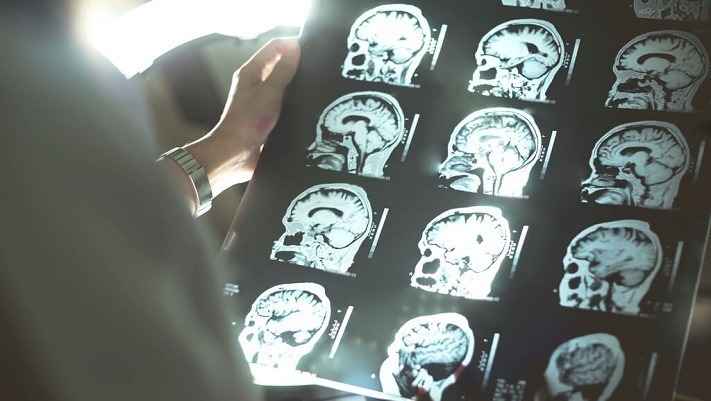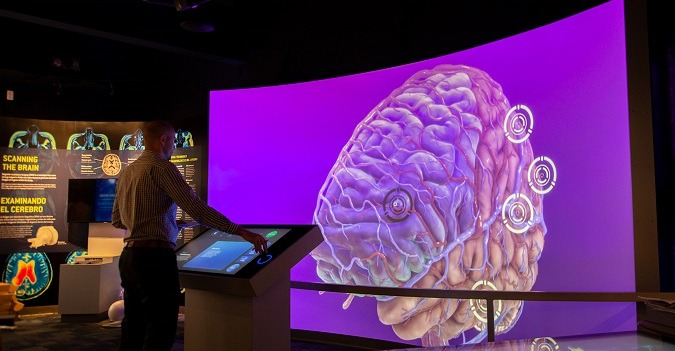Posts Tagged ‘brain scans’
Price tag for a questionable Alzheimer’s treatment: $109,000 per patient, per year. Unclear yet: For how many years?
The real costs of the new Alzheimer’s drug, Leqembi — and why taxpayers will foot much of the bill (CBS News): The first drug purporting to slow the advance of Alzheimer’s disease is likely to cost the U.S. health care system billions annually even as it remains out of reach for many of the lower-income seniors…
Read MoreCollaborative neuroimaging initiative BrainChart helps chart how brains change across the lifespan
For decades, growth charts have been used by paediatricians as reference tools. The charts allow health professionals to plot and measure a child’s height and weight from birth to young adulthood. The percentile scores they provide, especially across multiple visits, help doctors screen for conditions such as obesity or inadequate growth, which fall at the…
Read MoreHigher body mass index (BMI) linked to lower blood supply to the brain in large neuroimaging study
Body weight has surprising, alarming impact on brain function (Science Daily): As a person’s weight goes up, all regions of the brain go down in activity and blood flow, according to a new brain imaging study in the Journal of Alzheimer’s Disease … scientists analyzed over 35,000 functional neuroimaging scans using single-photon emission computerized tomography (SPECT) from…
Read MoreFlexibility is good except when it isn’t: Study finds how scientists can reach different conclusions analyzing the same brain scans
Neuroimaging: Many Analysts, Differing Results (Dana Foundation): For decades, both the research and medical communities have relied on neuroimaging tools like functional magnetic resonance imaging (fMRI) to give them a window into the living human brain. Such scans have provided unprecedented insights into the brain’s structure and function – and the field, as a whole,…
Read MoreMcLaren and MindMaze race to the future
_____ F1’s McLaren Racing Extends Neurotechnology Partnership With MindMaze (SportTechie): “Formula 1 team McLaren Racing has signed a multi-year partnership with Swiss neurotechnology firm MindMaze to continue testing neurosensing technology on its drivers. MindMaze’s combination of virtual reality, motion capture and EEG brain scans has previously
Read MoreOn Awe, Healthy Eating, Mental Health, Ethical Neurotech, and more
_____ Time to wrap-up another very active month with our SharpBrains e‑newsletter summarizing exciting developments in brain research, healthcare and technology — plus a couple fun brain teasers to spark curiosity and innovation :-) New brain research: Brain scans shed light on the brain networks supporting Awe For World Mental Health Day let’s review how a healthy…
Read More





